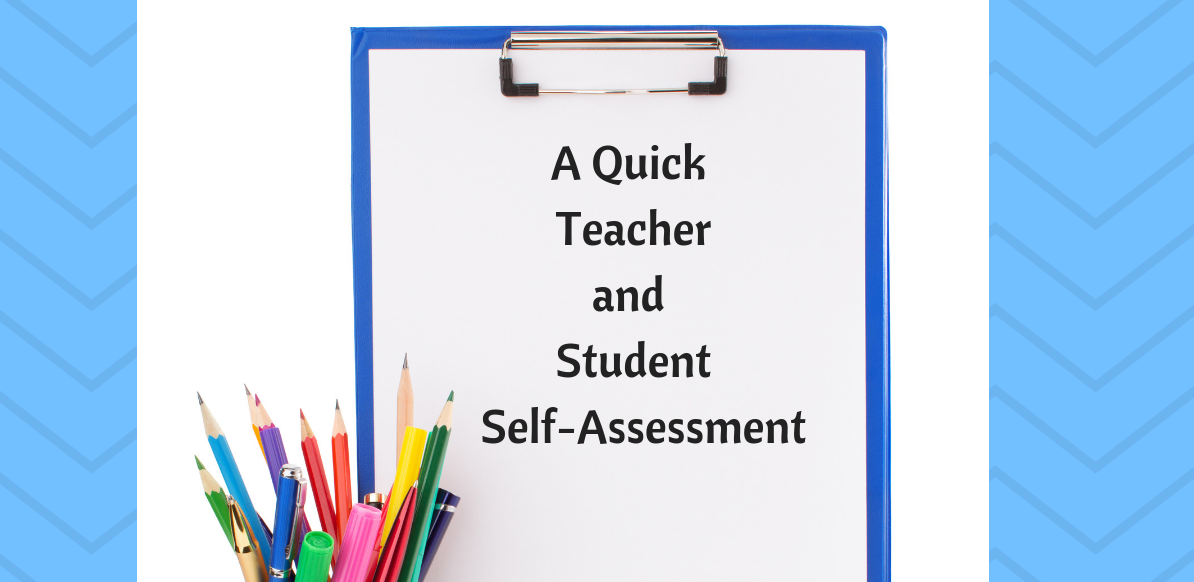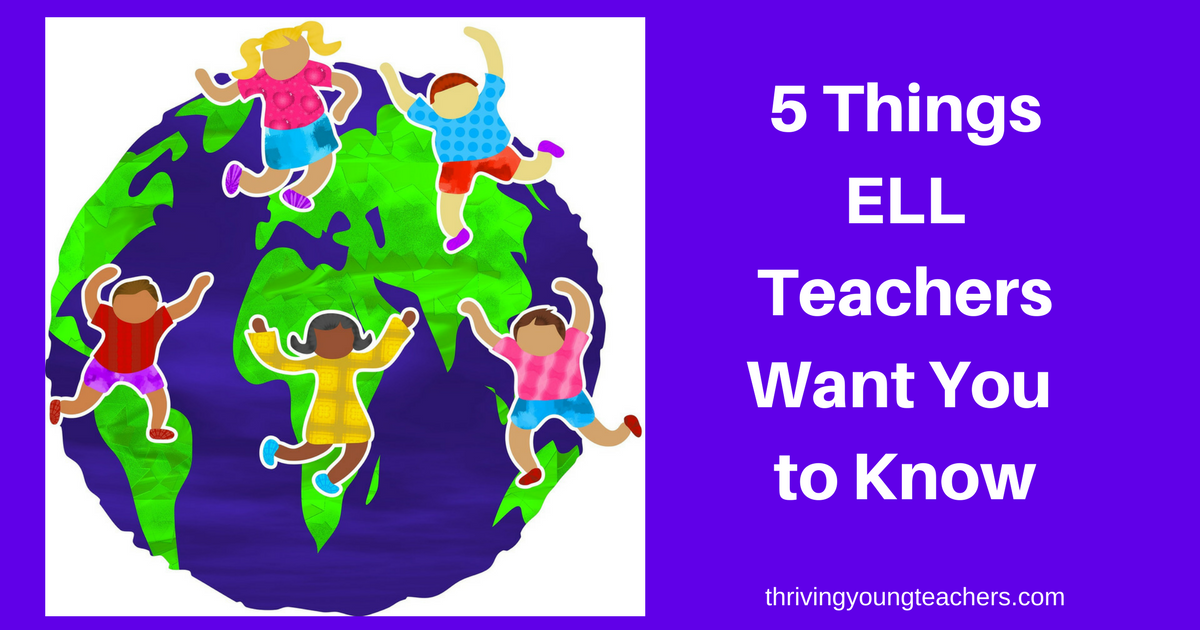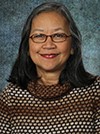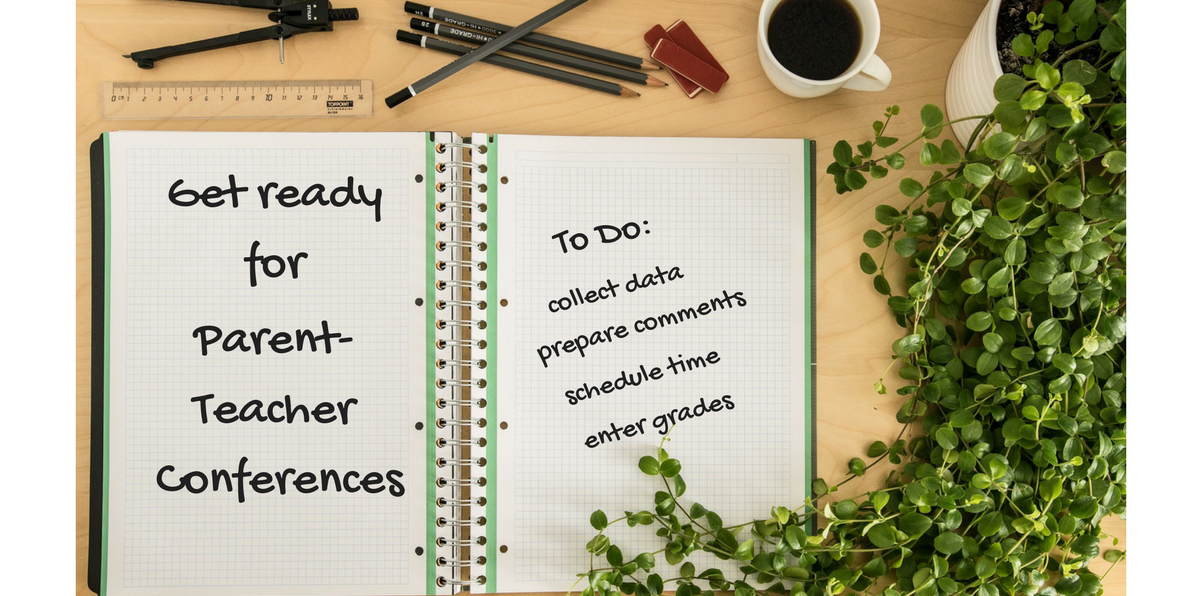 Once school has been in session for a few weeks, it is a good idea to do a quick self-assessment to get a general idea of how things are going in your class. Getting information about your strengths and challenges as well as the progress of your class can allow you to make changes early in the school year, before more formal assessments such as a teacher observations or student report cards.
Once school has been in session for a few weeks, it is a good idea to do a quick self-assessment to get a general idea of how things are going in your class. Getting information about your strengths and challenges as well as the progress of your class can allow you to make changes early in the school year, before more formal assessments such as a teacher observations or student report cards.
The assessment doesn’t have to be long or complicated. We like to keep it simple.
Take a few minutes to ask yourself the following questions:
What are some things I have done well in the first weeks of school?
What are some things I tried that did not go well?
What are some things I want to improve?
How could I better meet the needs of my students? What resources or help from others would allow me to improve?
Which students are doing positive things? How have I acknowledged their positive contributions?
Which students are struggling? Have I conferenced with these students? What plans do I have to help them succeed?
We also like to get student feedback on how well they think they are doing. Pass out an index card or use an exit slip to ask the students the following questions. You can adapt the questions slightly for the age of the students you teach.
How well do you think you are learning in this class?
How would you describe the effort you put into learning in this class?
What could you do to learn more?
How could your teacher help you to learn more?
What else would you like me to know about this class so far?
These self-assessments don’t have to take a lot of time but the insights may be very helpful to you as you make future plans for your classroom.
You may also be interested in these related posts:
Your Teaching Progress Report: 12 Things You are Probably Doing Well
8 Questions that Will Make You a Better Teacher
To the Young Teacher With Stars in Your Eyes
Our best,







